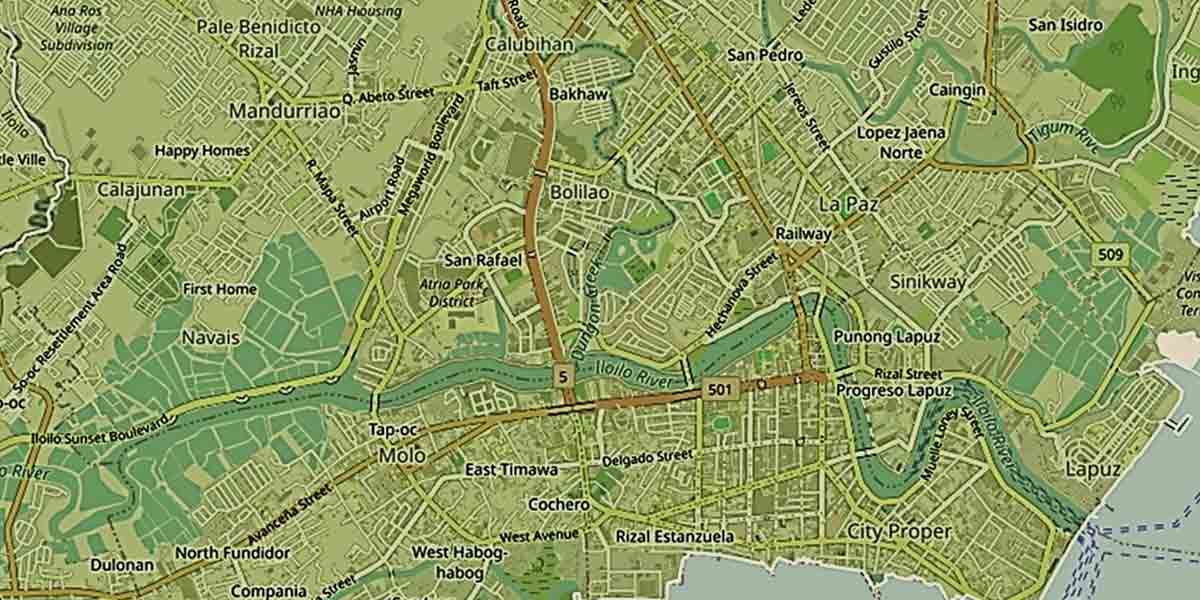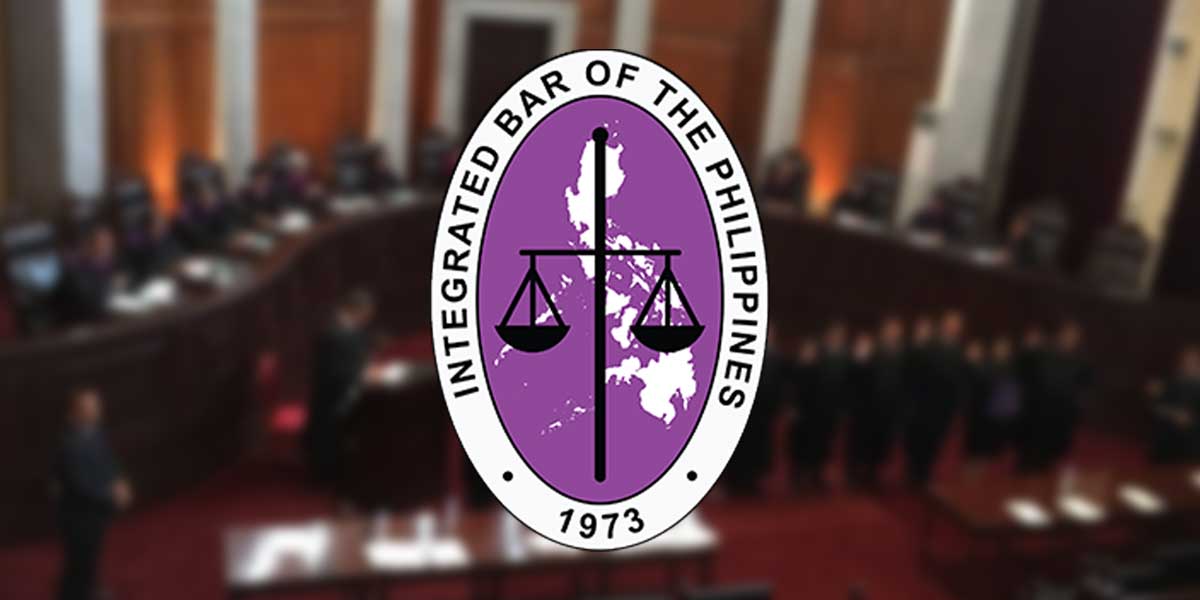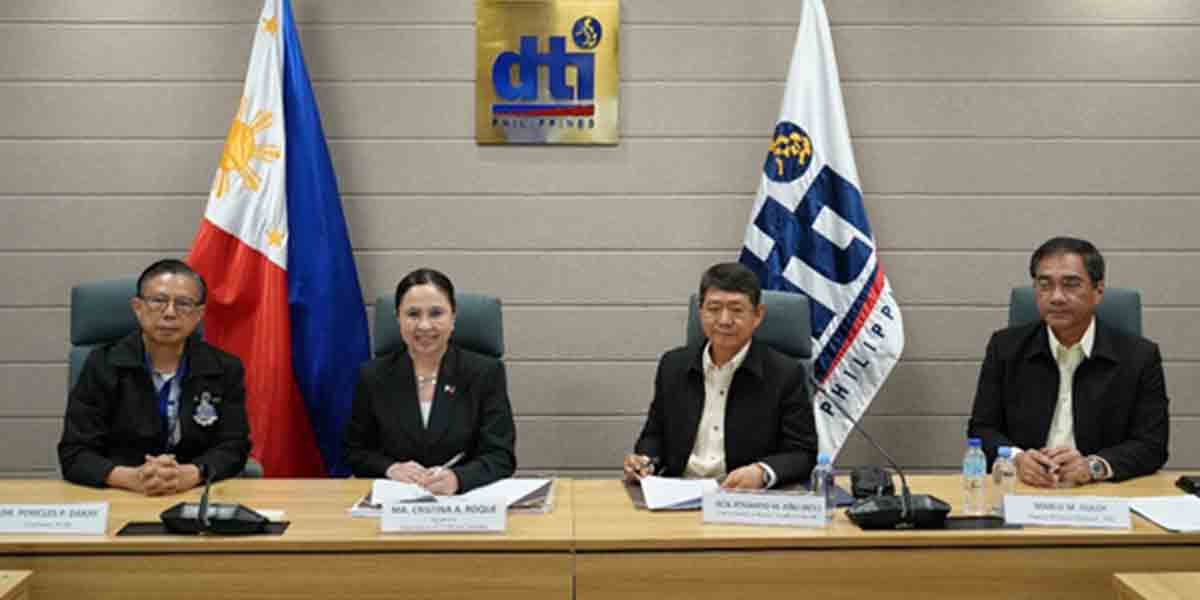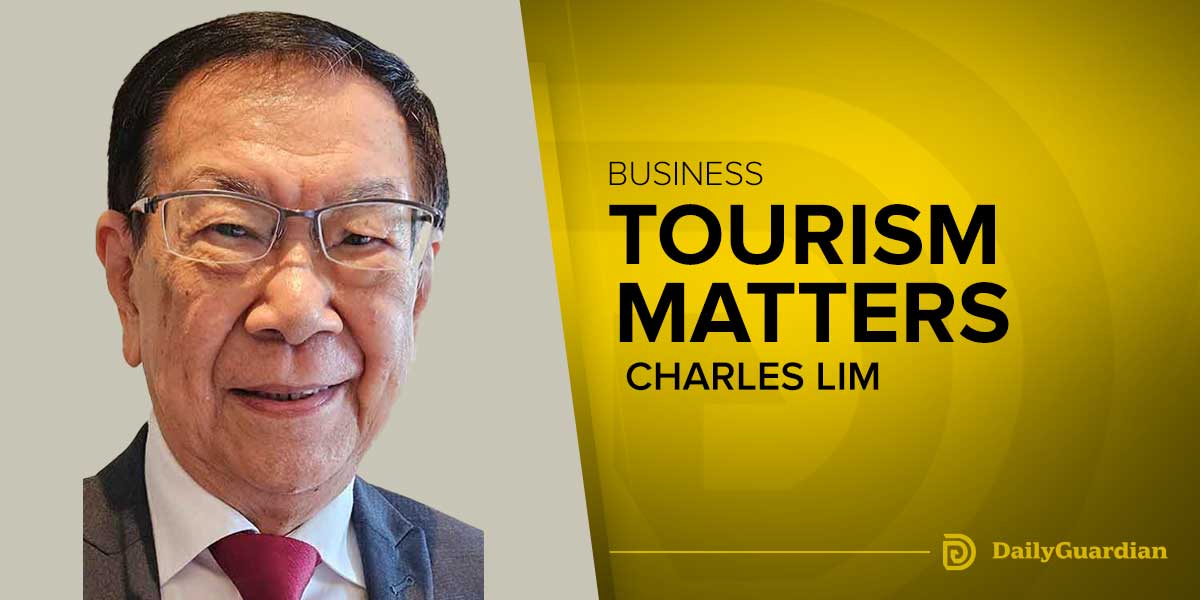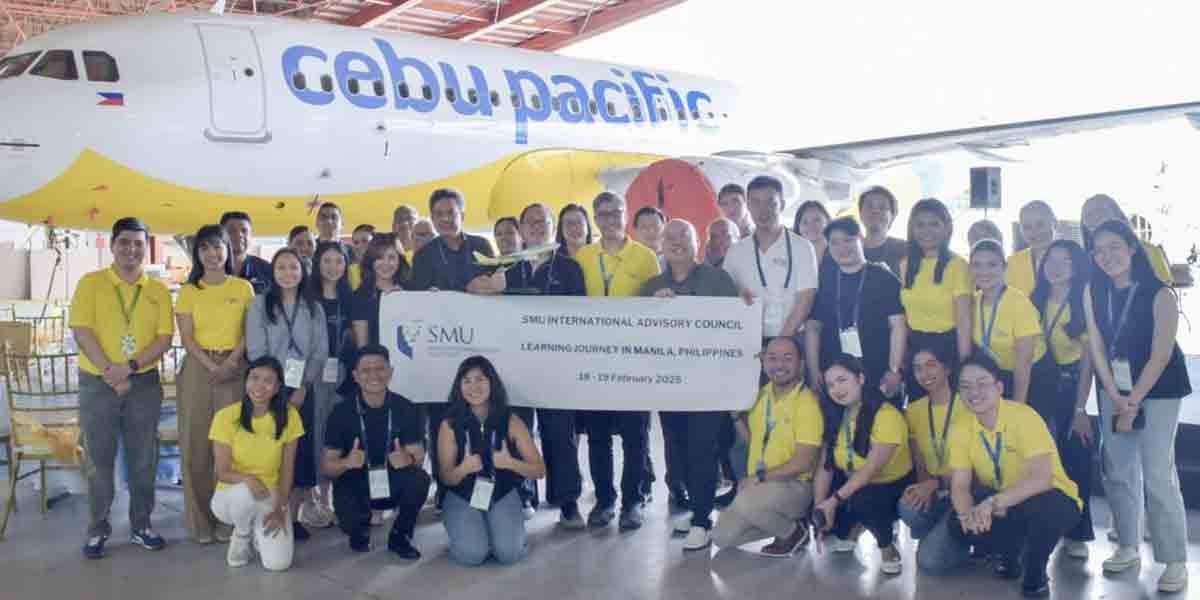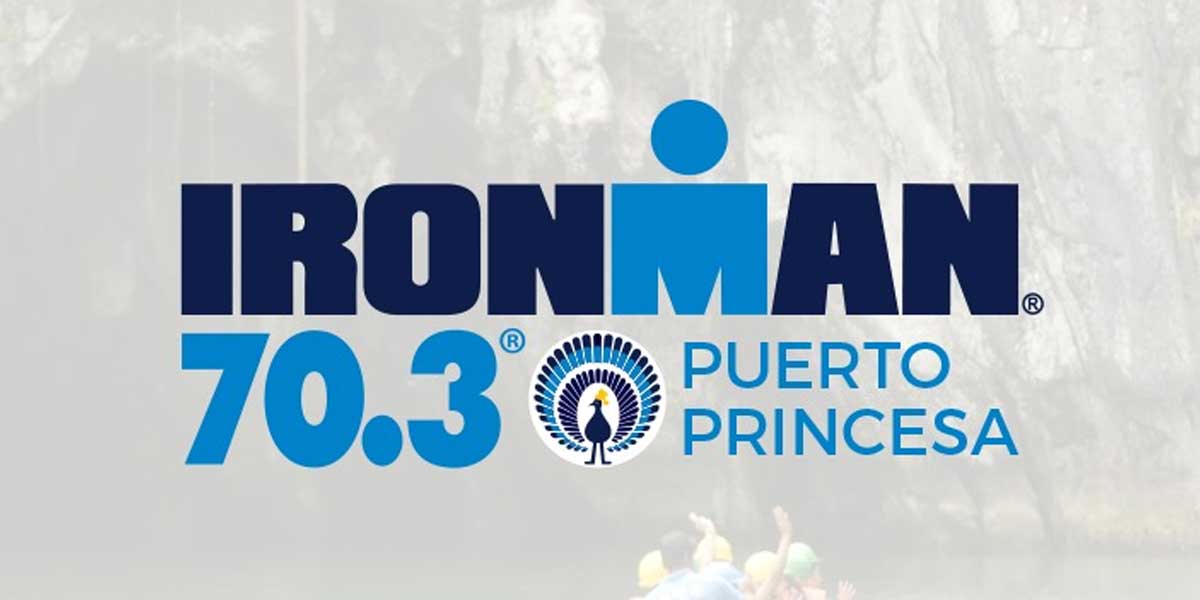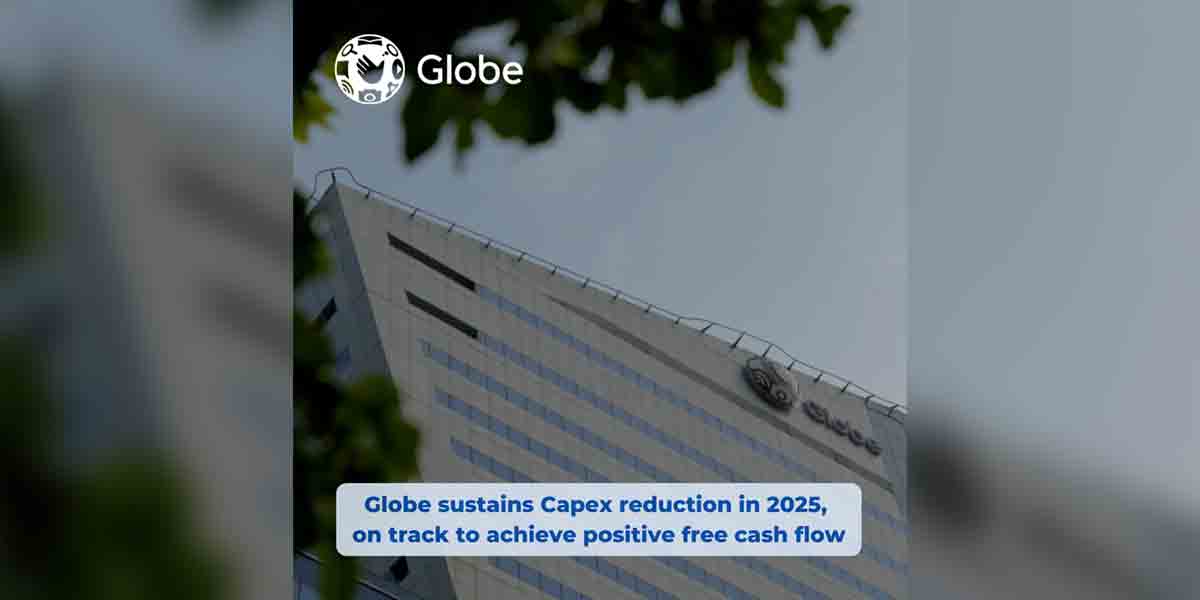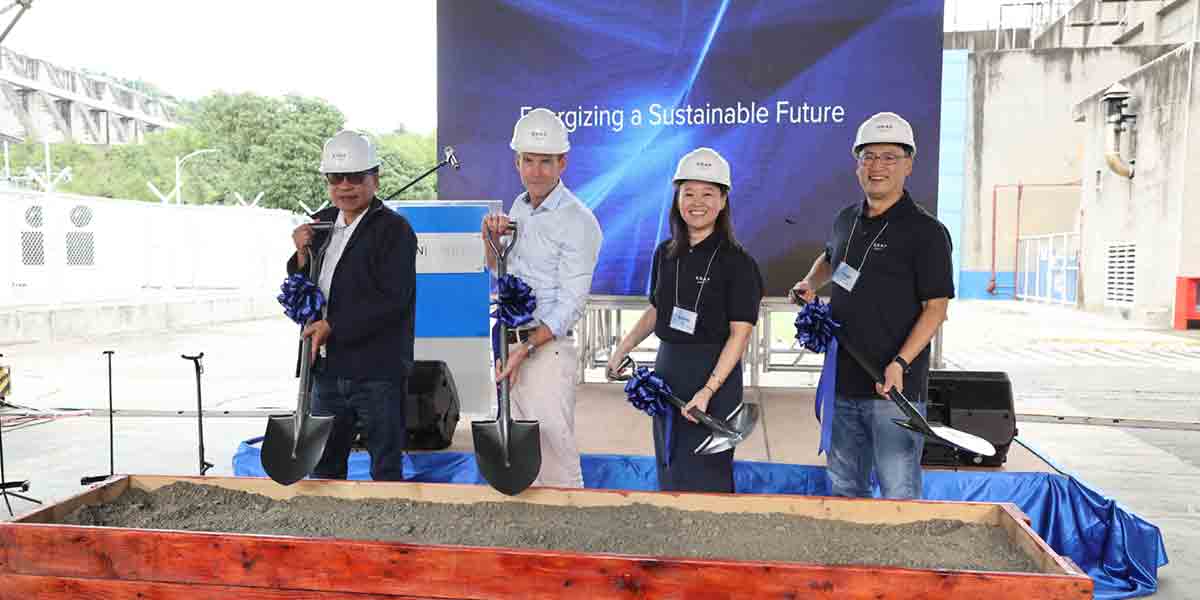The Philippine Department of Energy (DOE) and the Ministry of Energy of the Kingdom of Saudi Arabia (KSA) are preparing a strategic roadmap to implement their recently signed Memorandum of Understanding (MOU) on energy cooperation.
This MOU was formalized on October 14, 2024, during a ceremony in Saudi Arabia attended by Philippine Energy Secretary Raphael P.M. Lotilla and Saudi Energy Minister Prince Abdulaziz bin Salman Al Saud.
The DOE and the KSA Ministry of Energy plan to finalize the roadmap within three months. Undersecretary Alessandro O. Sales will lead the Philippines’ delegation for the upcoming bilateral meetings.
“I welcome the joint efforts by both countries to implement the provisions of the MOU, which is a direct follow-through of the discussions held during President Ferdinand Marcos Jr.’s visit to Saudi Arabia in October last year. During that visit, Saudi state-owned companies expressed strong interest in investing in the Philippine energy sector,” Secretary Lotilla said.
The MOU outlines a multi-faceted approach to energy cooperation, focusing on petroleum derivatives, exploration of naturally occurring hydrogen, sustainable aviation fuel (SAF), digital technology for electrical systems, and energy efficiency strategies.
“Prince Abdulaziz and his team expressed interest in our native or naturally occurring hydrogen resources. Given Saudi Arabia’s extensive expertise in the exploration and development of upstream sectors, this cooperation holds promising benefits for both countries,” Lotilla added.
The Philippines’ potential for hydrogen production stems from its geological landscape. Naturally occurring hydrogen is typically found in Precambrian crystalline shields and serpentinized ultramafic rocks, which are common in the country.
Recently, the DOE identified two prospective areas for hydrogen exploration within the Zambales Ophiolite Complex, about 150 kilometers northwest of Manila, with an announcement of successful bidders expected soon.
The MOU also places a spotlight on SAF, an environmentally friendly alternative to conventional jet fuel. The International Civil Aviation Organization (ICAO) has established global targets for SAF adoption in aviation.
The Philippines, the world’s second-largest coconut producer with an annual yield of nearly 15 million metric tons, is positioned to capitalize on this demand.
Cracked coconuts, typically unsuitable for food or oil use, are considered viable feedstock for SAF production.
“We will also jointly explore the application of digital technology and artificial intelligence (AI) to enhance the management of our electrical systems and broader energy infrastructure,” Lotilla noted. The integration of digital solutions and AI can transform the energy sector through real-time monitoring, predictive maintenance, and energy forecasting. This approach promises smarter grids, automated systems, and data-centric decision-making aimed at boosting energy security and efficiency.
Additionally, the collaboration underscores energy efficiency and conservation as a priority. Saudi Arabia, renowned for its vast oil reserves, has progressed in energy conservation through the Saudi Energy Efficiency Program (SEEP).
This initiative leverages regulations, standards, and incentives to optimize energy use. The Philippines aims to incorporate these advanced practices to reduce consumption, lower costs, and support sustainability.
The roadmap, once completed, will serve as a blueprint for enhancing energy security and fostering economic and sustainable growth.
Through this partnership, the Philippines stands to benefit from Saudi Arabia’s decades of expertise and technological innovation in the energy sector.


